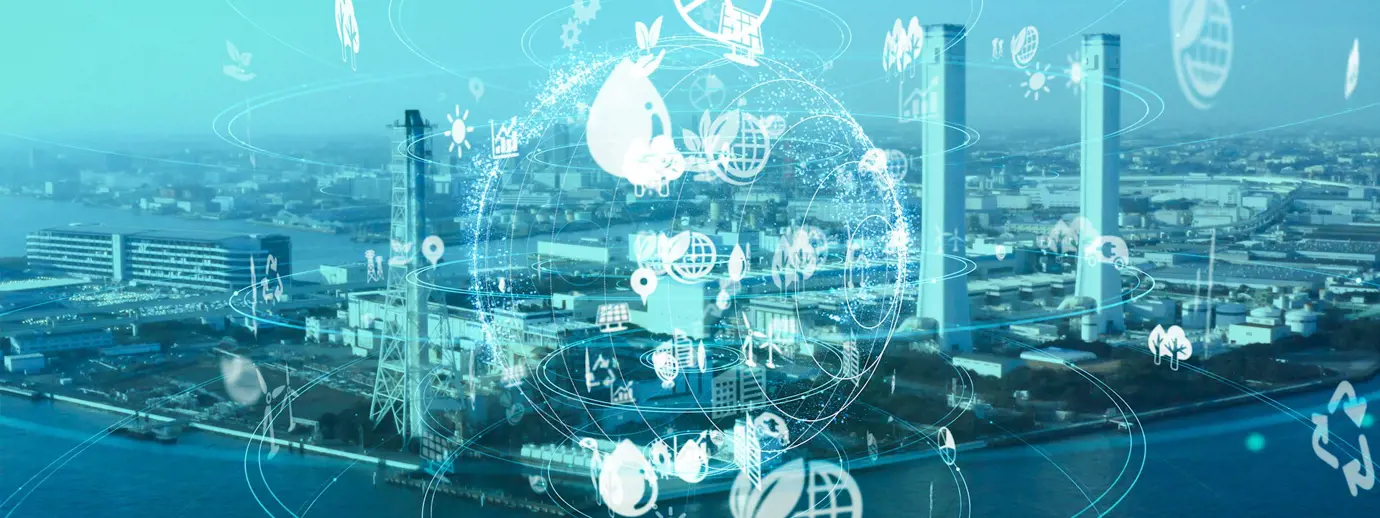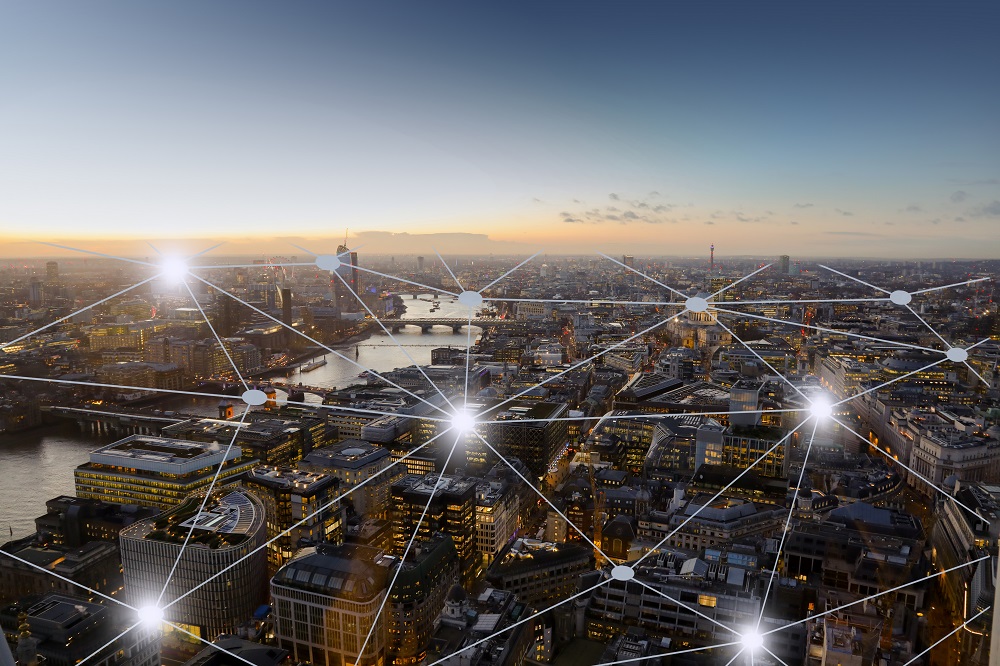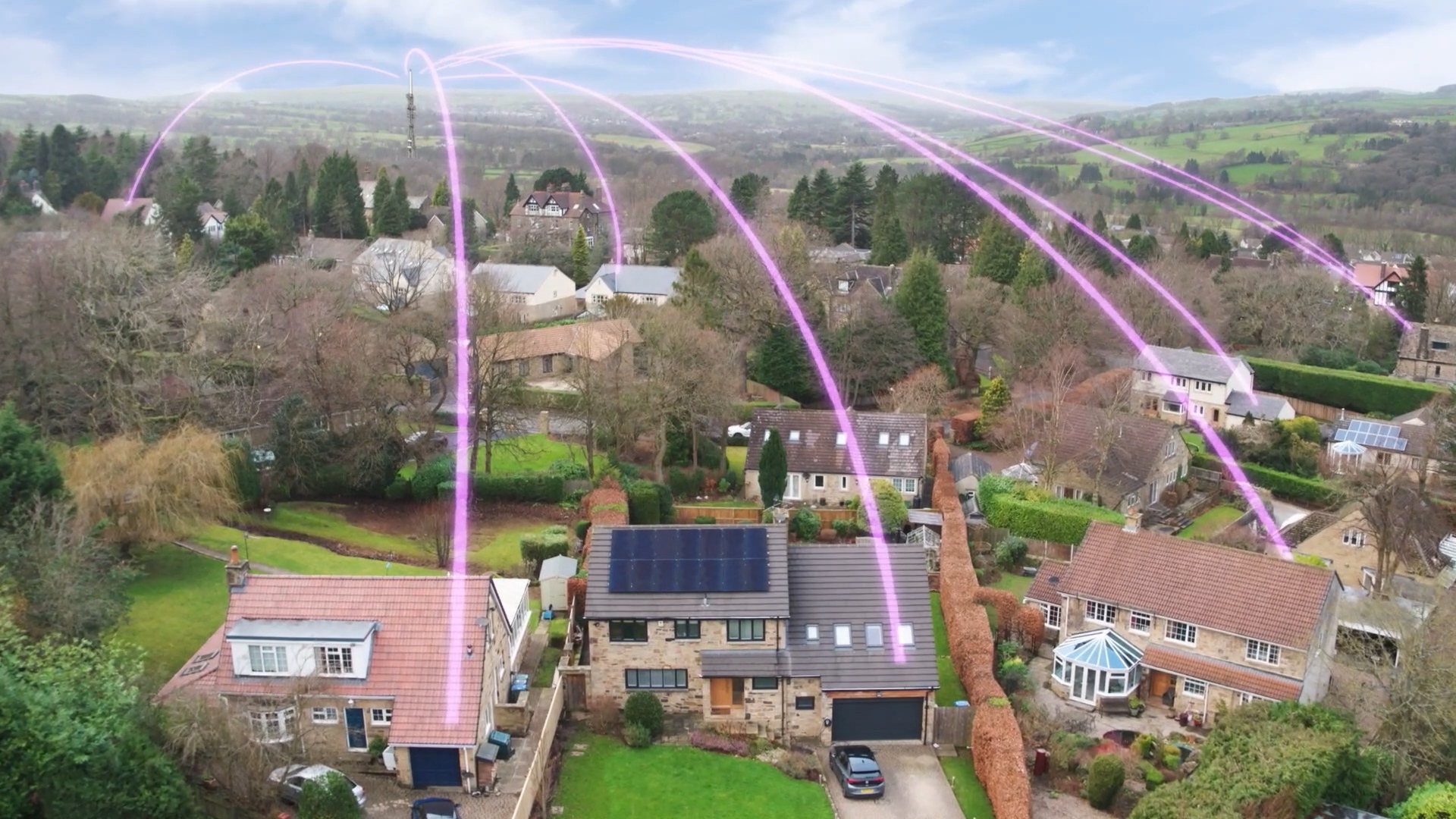‘Decarbonisation’ has been the watchword for many years now. Countries are striving to reduce their overall emissions while at the same time driving productivity and growth.
But amid global geopolitical instability, energy prices and the cost of living have soared, forcing countries to recalibrate, delay and even scale back their ambitions to decarbonise.
The UK has led the way in cutting its emissions, with over 50% reduction since 1990. But hitting the second 50% in the current economic and geopolitical climate will be much harder.
Existing national assets, such as the smart metering network that the DCC built and now runs, will play an important role in helping to achieve these targets. To put it differently, maximising returns on the country’s largest telecommunications network – which has already been built and paid for – could make a significant contribution to decarbonising our energy system while alleviating the pressures on households and the wider economy.
Our energy system will become smarter
Pressures on the energy grid are likely to increase exponentially over the next 10 years, not least as green and intermittent sources come online. While maintaining the stability of the grid is ultimately the responsibility of National Grid ESO, every player (retailers, DNOs, DCC, policy makers, regulator and all of us as consumers) have a role to play in helping balance supply and demand more efficiently.
Leveraging the smart meter network will be important to transitioning to a smarter, cheaper, cleaner energy ecosystem.
As more and more people install solar panels, heat pumps and Electric Vehicle charge points into their homes, the role of the smart meter network will become more important in helping every British consumer manage its energy consumption.
Take the Demand Flexibility Service (DFS) for example, which incentivises households for reducing their energy consumption at peak times. While the financial impact for every consumer may still appear relatively small, the DFS is already delivering tangible benefits (a total of £11.9 million was paid out to more than 2.4m households and businesses across the winter of 2023/24).
A smart meter is required to take part in the DFS as this ensures accurate electricity usage measurement and fair incentives implementation. With nearly 31 million smart meters connected to the DCC network and over 60% of premises in Great-Britain with a smart meter, a lot has already been achieved (only 2 million premises had a smart meter in 2020). But there is more to do to reach a higher level of smart meter penetration (with Spain and Sweden leading the way across the EU with nearly 100% penetration rate).
Future role of the DCC
As we transition to a new licence structure, our fundamental role will not change: DCC will continue to ensure your energy data gets from A to B, securely, reliably and cost effectively. The difference will be in the volume of messages as the roll out continues to progress and the benefits grow. Whether that’s for consumers to manage their energy bills and control new smart devices, retailers to build more flexible and dynamic propositions or for DNOs to ensure the most accurate visibility of patterns of demand.
New data sets will emerge that will be fundamental to a smarter system. These will need secure and stable management to ensure consumer trust and customer confidence.
One example where DCC is providing its long experience from smart metering is the Department for Energy Security and Net Zero’s Automatic Asset Registration (AAR) programme, which is seeking to develop a central register of low carbon technologies capable of collecting and sharing energy asset data.
Whichever party wins the next election will face a race against time to achieve our net zero obligations. Collaboration, not further fragmentation, will be critical, with clear objectives and supporting structures. The smart metering network is now delivering benefits to GB plc and consumers, but we can leverage it further in pursuit of a smarter, greener energy system.

Stève Hervouet
Chief Strategy and Regulatory Officer
Further reading





